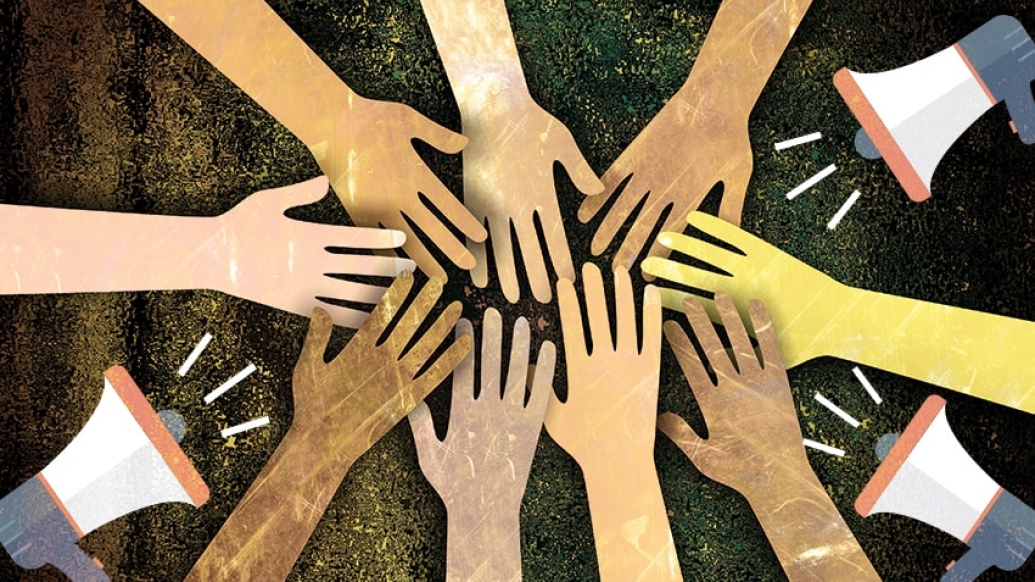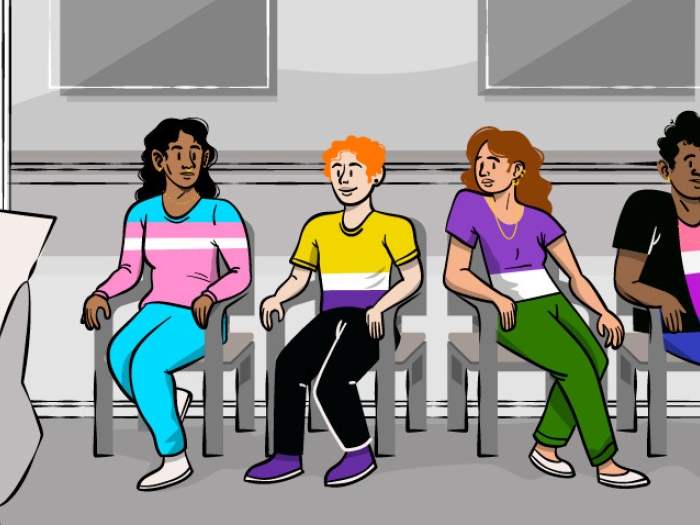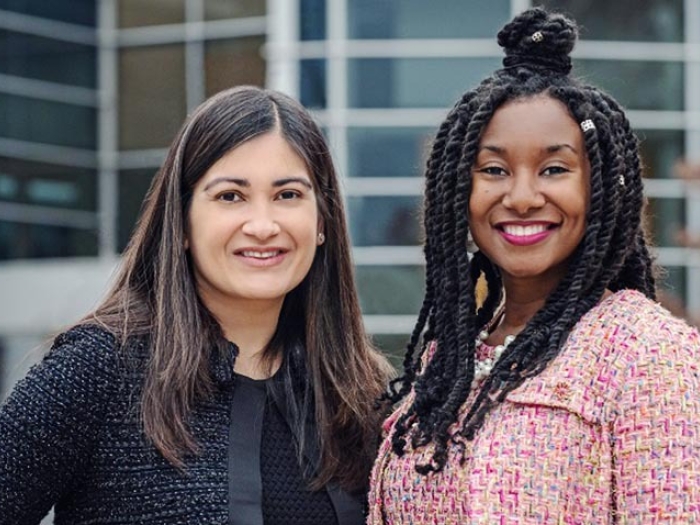After defining the scope of sexual harassment in medicine, a physician says sharing stories and a national reckoning offer hope for progress.
5:00 PM
Author |

High-profile men — from Congress to morning television and corporate America — have begun to face a national reckoning for inappropriate sexual misconduct. Time magazine named the "silence breakers" who launched the #MeToo movement as its Person of the Year.
MORE FROM THE LAB: Subscribe to our weekly newsletter
Medicine is not immune to the problem. In 2016, Reshma Jagsi, M.D., D.Phil., and colleagues published a paper in JAMA that found 30 percent of high-achieving female physician-scientists reported experiencing sexual harassment. At the time, she called it a "sobering reminder" of the lack of gender equity.
"My intuition is that the problem is at least as bad in medicine as elsewhere, especially if one adds harassment by patients to that by colleagues and superiors," Jagsi, professor and deputy chair of radiation oncology at Michigan Medicine, writes in a new perspective piece published in the New England Journal of Medicine. "The profession must work together to correct it."
Since the JAMA paper published, Jagsi continues to hear from women across the country — highly regarded, motivated, talented physicians — who share their stories of discrimination and harassment in the workplace.
"The details of their experiences are appalling," Jagsi writes. "None of the women who've contacted me have reported their experiences. They speak of challenging institutional cultures, with workplaces dominated by men who openly engage in lewd 'locker room conversation' or exclude them from all-male social events, leaving them without allies in whom to confide after suffering an indignity or a crime."
Jagsi discussed her NEJM perspective and the reaction to her work in the context of today's #MeToo movement.
Were you surprised by the reaction to your JAMA paper?
Jagsi: People were shocked by my JAMA paper, which didn't really surprise me, as I was shocked by the results myself.
SEE ALSO: 30% of Female Physicians Report Sexual Harassment at Work
It sounds naive now, in the wake of all that has happened in the intervening year and a half. But I honestly started that study thinking that I'd finally detect some good news. I have led numerous studies that have shown that equally apt and motivated women are less likely to receive prestigious grant funding, less likely to be paid as much as their male peers, more likely to have to step up when child care plans were unexpectedly interrupted.
I was really hoping that in the harassment study, I would find something a bit more heartening. I really did think that with all of the scholarly focus on unconscious bias, we had at least left behind the era of frequent overt discrimination and harassment.
Are we poised to see real change in people's attitudes and tolerance toward sexual harassment and misconduct?
Jagsi: I remain ever hopeful. Remember, I'm an oncologist. If I can believe that we can conquer cancer — as I sincerely believe we will — then of course I can believe that we will end sexual harassment. The brave disclosures of the women who have participated in the #MeToo movement suggest that societal norms are indeed shifting, and those who engage in these appalling behaviors can expect to be called out and stopped.
You relate your own story of sexual harassment and mention that you hadn't previously thought of it that way. Why do you think women make excuses for this behavior? How do we change that?
Jagsi: I think women have become so used to certain behaviors that they almost excuse them as normal parts of daily living. I am grateful that my own experience was nowhere near as bad as the ones that the brave women who have contacted me have recounted. Because they have given me permission to give voice to the stories they were unable to share themselves, I feel obligated to do so.
I don't want to demean the bravery of the #MeToo participants who have experienced far worse by suggesting that I am one of them with my own story. But I want to make it clear that I do stand with them.
This type of behavior is no longer acceptable in our society. We must call it out and make it clear to potential future transgressors that they will not go unpunished. They will not victimize the next generation. My generation will not stand for it, so that my daughter's generation will not experience it.
And, by the way, we will also conquer cancer. These are both lofty goals, I know. But they are undoubtedly within our power to achieve. Within my lifetime, for sure.

Explore a variety of healthcare news & stories by visiting the Health Lab home page for more articles.

Department of Communication at Michigan Medicine
Want top health & research news weekly? Sign up for Health Lab’s newsletters today!





